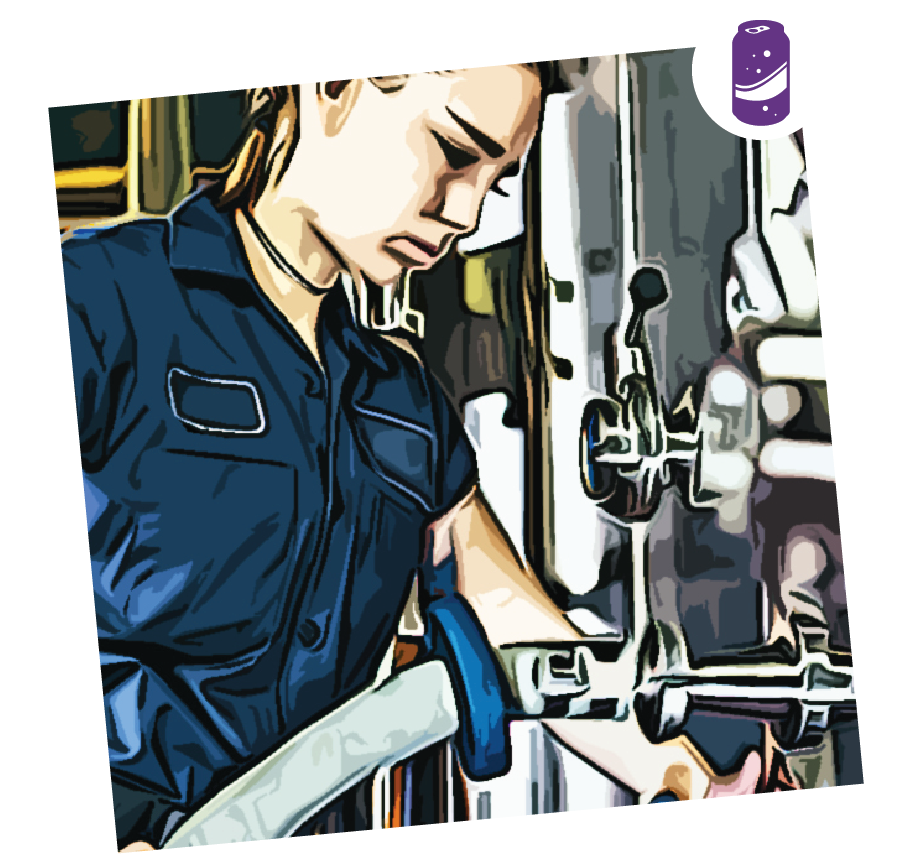If you are a beer- lover and are interested in the science behind the brew, this is the career for you!
It’s a Brewer’s job to know all the ins and outs of the beer making process. They work all over the plant with the various teams to ensure that all aspects of beer production are flowing smoothly and ultimately creating the perfect pint. It’s both an art and a passion.
Renown for their close-knit teams and family-like working environments breweries are a comfortable place to build your career. Advancement opportunities are always available for hard workers with a willingness to learn on the job and hone their skills.


















